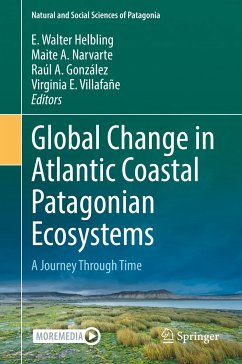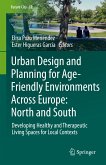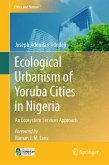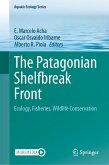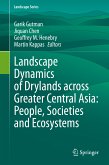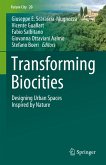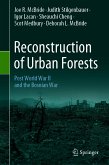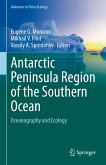This book provides an integrated view of Atlantic coastal Patagonian ecosystems, including the physical environment, biodiversity and the main ecological processes, together with their derived ecosystem services and anthropogenic impacts. It focuses on the key components of the aquatic ecosystem, covering the lower levels (plankton) to the top predators like large mammals and birds, before turning to human beings as consumers and shapers of coastal marine resources.
The book then presents an overview of how organisms that constitute the aquatic food webs have changed through time and how they likely will soon change due to global change processes and anthropogenic pressures. In this regard it offers a wealth of information such as long-term patterns in physical / atmospheric processes, biodiversity and the distribution of marine organisms, as well as the results of experimental studies designed to understand their responses under future scenarios shaped by both climate change and anthropogenic pressures. The book also covers various aspects of the past, present and potential future relationship of human beings with Patagonian coastal environments, including the utilization of sea products, tourism, and growth of cities.
Dieser Download kann aus rechtlichen Gründen nur mit Rechnungsadresse in A, B, BG, CY, CZ, D, DK, EW, E, FIN, F, GR, HR, H, IRL, I, LT, L, LR, M, NL, PL, P, R, S, SLO, SK ausgeliefert werden.
Es gelten unsere Allgemeinen Geschäftsbedingungen: www.buecher.de/agb
Impressum
www.buecher.de ist ein Internetauftritt der buecher.de internetstores GmbH
Geschäftsführung: Monica Sawhney | Roland Kölbl | Günter Hilger
Sitz der Gesellschaft: Batheyer Straße 115 - 117, 58099 Hagen
Postanschrift: Bürgermeister-Wegele-Str. 12, 86167 Augsburg
Amtsgericht Hagen HRB 13257
Steuernummer: 321/5800/1497
USt-IdNr: DE450055826
Bitte wählen Sie Ihr Anliegen aus.
Rechnungen
Retourenschein anfordern
Bestellstatus
Storno

